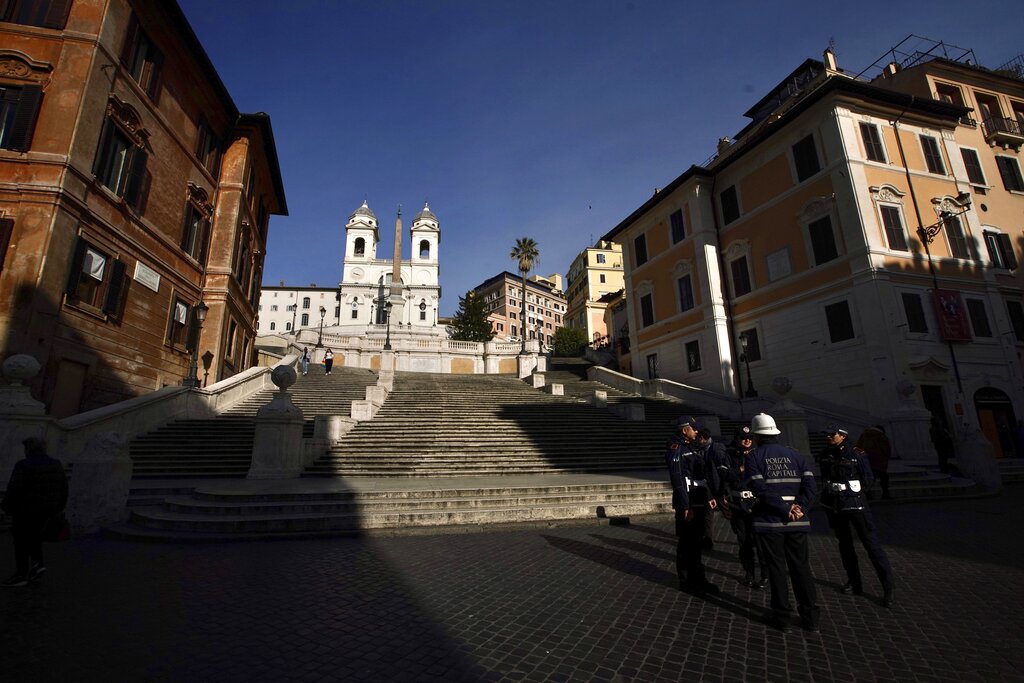Italy has become the first European country to announce severe nationwide limits on travel as the government struggled to stem the spread of a coronavirus outbreak that has hobbled the economy, threatened to overwhelm public health care and killed more people than anywhere outside China.
The measures, announced in a prime time news conference on Monday by the country’s Prime Minister, Giuseppe Conte, sought to adopt the kind of drastic limits that may be working to control the virus in China, an authoritarian regime.
But the scope of the clampdown in Italy, applied to roughly 60 million people — from islands in the south to the Alps in the north — immediately raised the question of whether an entire modern European nation protective of its individual freedoms would make the necessary sacrifices.
The broader restrictions came just hours after the authorities announced that 9,172 people had been infected by the virus, 1,598 more than the day before. The figure touched 10,149 on Tuesday. Deaths climbed to 631 people, the majority of whom are overwhelmingly elderly and sick people.
As of Tuesday, permission would be necessary for Italians who sought to move around the country for reasons of work, health or extenuating circumstances. The same criteria would be applied for Italians looking to leave the country, but Conte suggested that foreigners could still come to Italy.
More concretely, he said that schools and universities would remain closed as a result until at least April 3. Decrees banned jail visits and day-release programmes for inmates, setting off riots across the country at 27 prisons. Guards were held hostage, and several inmates died in Modena.
All sports events and outdoor gatherings would now be forbidden. A 6pm curfew on bars, currently in place in the northern areas, would be extended to the whole country. The days of young people gathering at outdoor events and pubs were over, he said.
“We all have to renounce something for the good of Italy,” said Conte, announcing that the government would enact stronger, more stringent rules than had been introduced just over a day earlier to the country’s wealthy north.
He said the classifications between levels of threat in different regions and provinces would be replaced by a blanket restriction on non-essential movement across the country that he called “Italy, protected zone”.
As he attempted to rally Italians to abide by the measures, Conte emphasised that the outbreak, Europe’s worst, presented an existential threat to the country’s elderly population — the Continent’s oldest — and to the health care system that served them.
The sudden expansion of travel restrictions reflected the government’s effort to catch up to the spread of a virus that has consistently outpaced its efforts to contain it.
After the virus first appeared more than two weeks ago, the government first locked down 11 towns, but deaths and cases continued to spike.
Early on Sunday, it announced that it would restrict the movement of about a quarter of Italy’s population, locking down the region of Lombardy and risking its northern economic heart for the health of the entire country and the survival of an overwhelmed health care system.
But those measures, already enormous in scope, have not stalled the virus’s toll. Instead, they have prompted confusion and anxiety as vague instructions from officials undercut the government’s assertions of control and authority.
Residents in and out of the locked-down areas of the north expressed bewilderment at what they could or could not do, or should do, to protect themselves.











